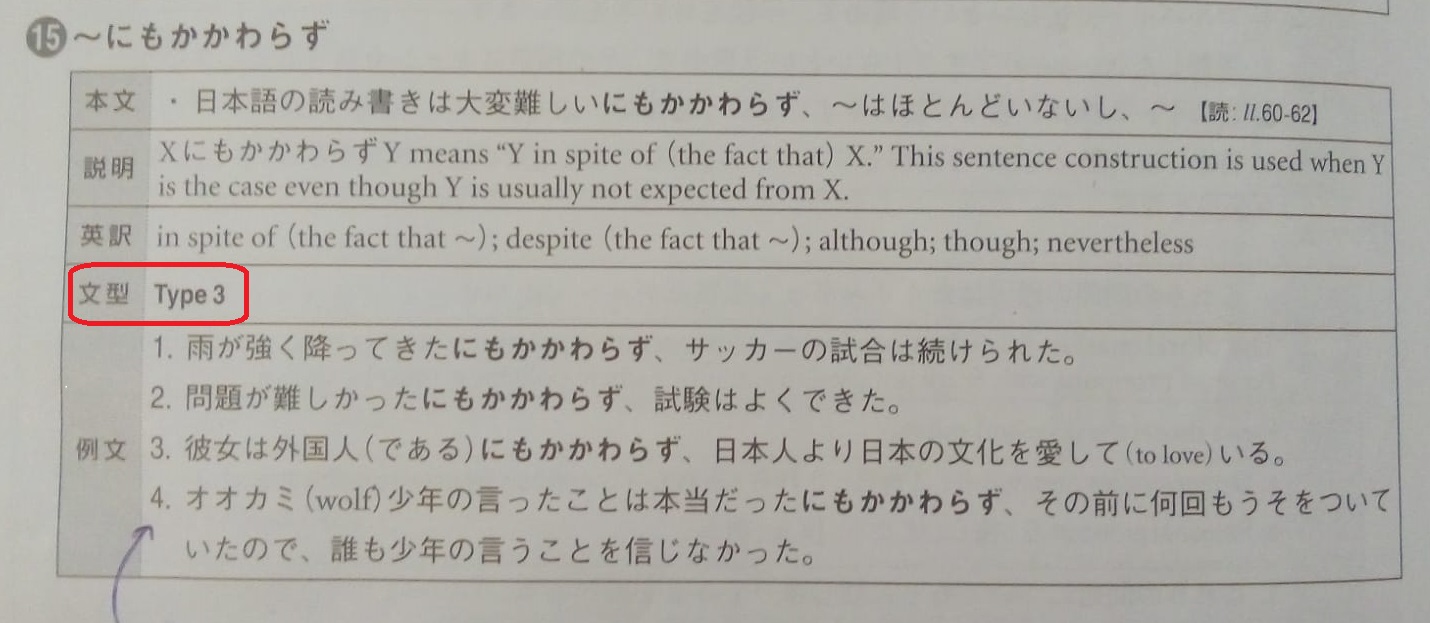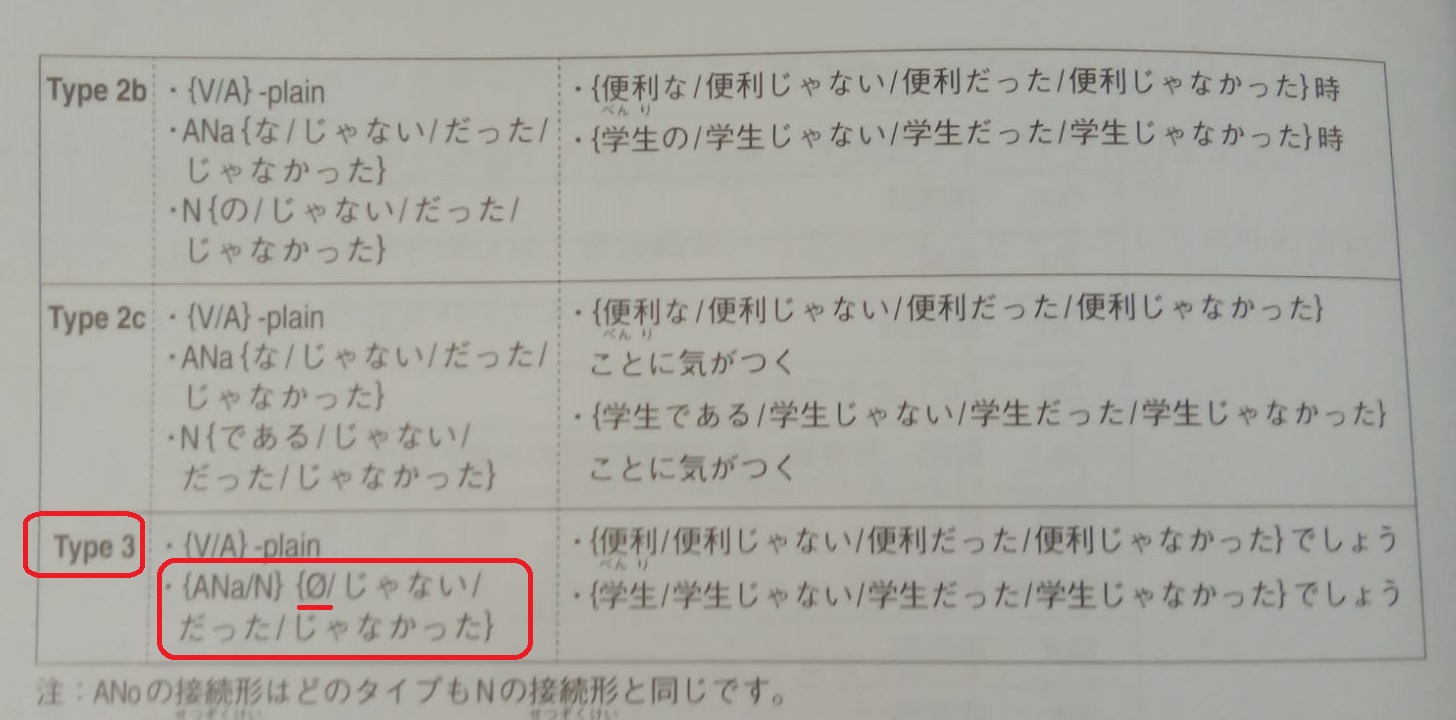Lately I've been looking up some entries in "A Dictionary of Intermediate Japanese Grammar". Under the entry for にもかかわらず (p. 257), it describes the formation rules for な-adjectives as:
(iii) Adj (na) stem {なの/である(の)} / だった(の) / であった(の)} にもかかわらず
Note 2 also says:
The verb (i.e. Vinf) and Adj(i)inf can be connected directly with ni mo kakawarazu, but Adj(na) has to be nominalized before it is connected with the conjunction, as shown by KS(D) and Ex.(h). However, if the Adj(na) is followed by de aru, use of the nominalizer no is optional.
Yet, under the entry for くせに on page 155, the book states under "Related Expressions" #2:
Ni mo kakawarazu expresses an idea similar to noni and kuse ni. However, ni mo kakawarazu is a highly formal and bookish expression and it expresses no emotion. Therefore, it cannot be used in highly emotive situations as in Ex.(g), (3), and (4). Note that the formation rules are different from those of kuse ni, as in [1].
[...]
(ii) {Adj(na)stem / N} {∅ / だった} にもかかわらず
Examples :
{不便 / 不便だった} にもかかわらず
{子供 / 子供だった} にもかかわらず
This seems to suggest that the stem of な-adjectives can be directly connected to にもかかわらず, even though the book itself contradicts this under the entry for the latter. So now I'm thoroughly confused. Is 不便にもかかわらず grammatically correct?
I also searched various web resources for the grammar rules, but many of them flatly state that you should add である to な-adjectives, which seems to be an oversimplification (according to ADoIJG at least...)


